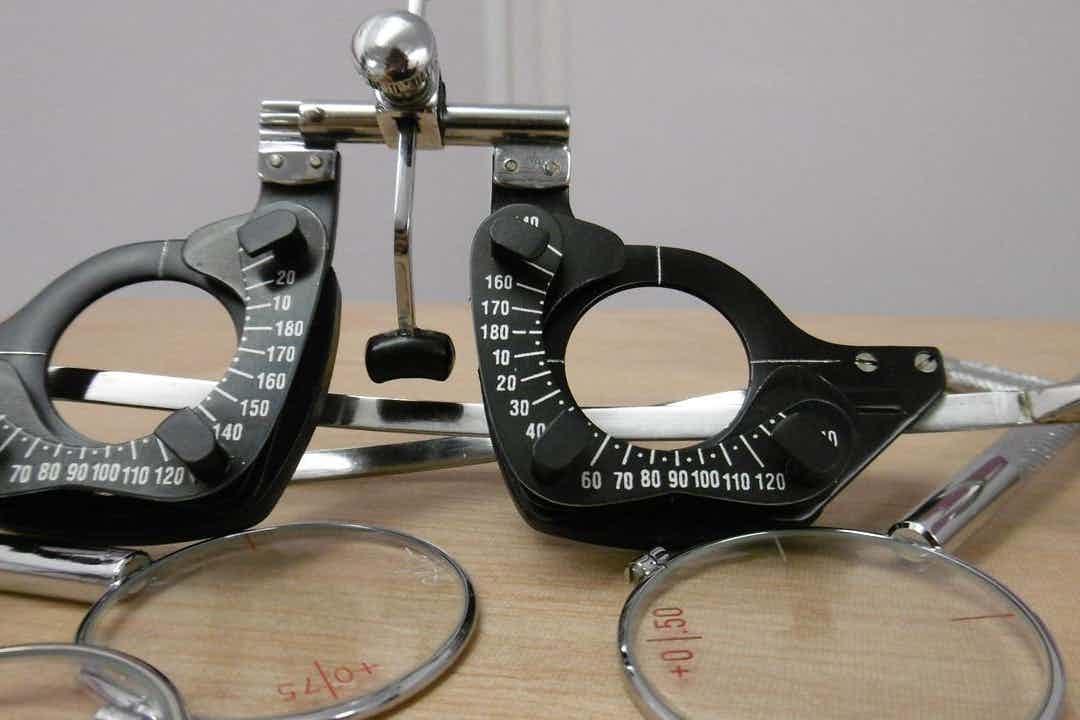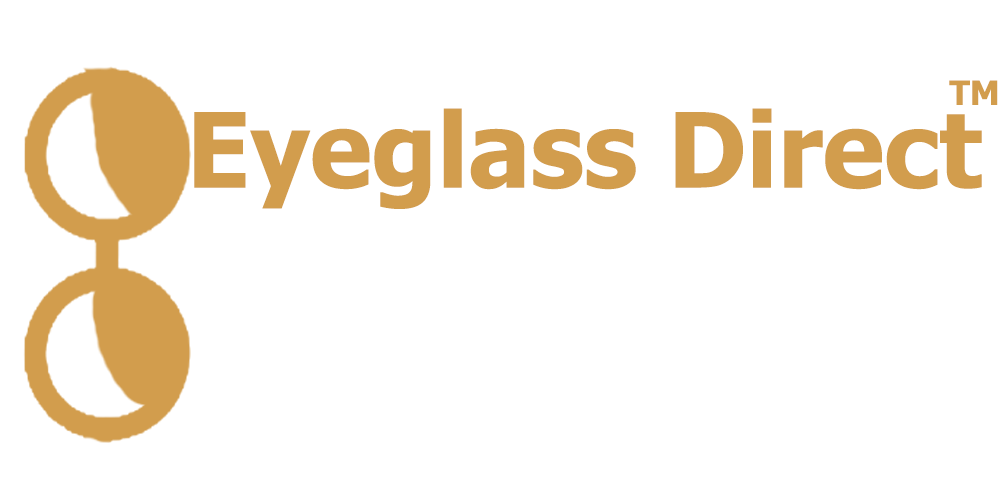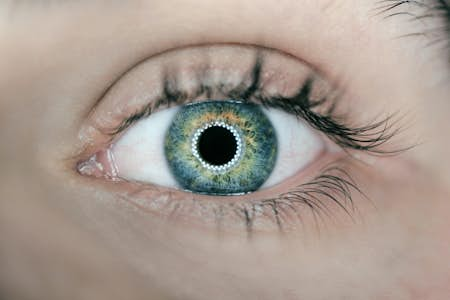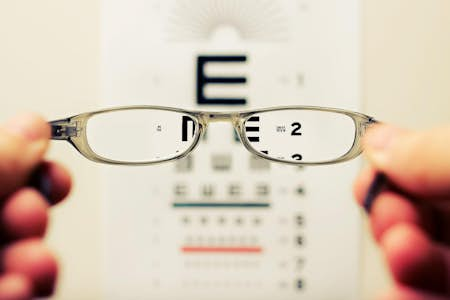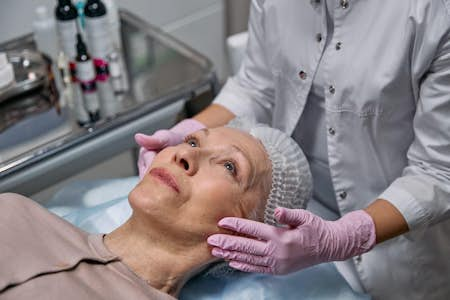Covid revolutionised some aspects of healthcare provision, and now many opticians are offering appointments in the comfort of your home. This is usually a paid service, but you may qualify for an NHS-funded eye test at home if you cannot visit an optician due to specific mental or physical disabilities or health conditions.
Who qualifies for an NHS-funded eye test at home?
Live in your own home and cannot leave the house unaccompanied because of mental or physical illness or disability. You may have the correct eligibility for an NHS-funded home eye test. The same principle applies if you live in a residential or care home and cannot attend opticians on your own due to illness or disability.
If you are over 60 and live in England, Scotland, or Wales, you are already entitled to a free eye test through the NHS at your local high street opticians. If you satisfy the criteria for a free home test, an optician may be able to visit you in your house with both the test and visit at no cost.
What happens in an eye test at home?
Home eye test appointments are booked with an optician in the usual way. The optometrist will begin by asking general questions as part of an overall health check. Some conditions, like diabetes, can affect your vision.
Your optician will then carry out several tests to assess your vision and look at the overall health of your eyes by checking for certain eye conditions. The vision test is similar to the one you would have in a typical high street store.
The optometrist will conduct an eye pressure test using a handheld tonometer. Intraocular pressure is a way of assessing whether you are at risk of developing glaucoma. The optician will also examine the inside of your eyes, called a dilated eye test, using eye drops so they can see the inside of the eyes more easily.
Another vital part of the eye exam is assessing how your eyes move and work together. This is important to avoid eye strain or double vision. The optometrist will also use a retinoscope, which shines a powerful light into the eyes to check for any refractive errors. This helps assess the correct prescription for your new glasses and is useful for people who may not be able to respond accurately or clearly due to specific health conditions. Reading from a letter chart or testing chart at a distance is another tool to check visual acuity. You may also need to wear a trial frame to test your sight with lenses of different strengths.
The eye test you have at home is the same comprehensive eye test you would receive from the opticians in-store. If there are any concerns about the health of your eyes, your optician can refer you to your GP or an ophthalmologist.
Choosing new glasses
You will be able to choose new glasses during your optician’s home visit if your current prescription needs updating. Most opticians take a range of frames; you can also look at other designs online. A second home visit appointment can be arranged for your optician to fit the new glasses.
A free home eye test plus a free home visit
In addition to a free home visit, some people will also be eligible for an NHS-funded eye test. There are lots of different criteria applicable to all ages, but for older age groups, these include people who are:
- 60 or over
- Registered as partially sighted or blind
- Already diagnosed with glaucoma or diabetes
- Advised by an eye doctor (ophthalmologist) that they’re at risk of glaucoma
- Eligible for an NHS complex lens voucher
Many people are also entitled to a free eye test because they claim benefits. Your optician will know of all of the eligibility criteria and will be able to advise if you qualify for a free home visit or a free eye test. There are also NHS vouchers available towards the cost of prescription eye care.

